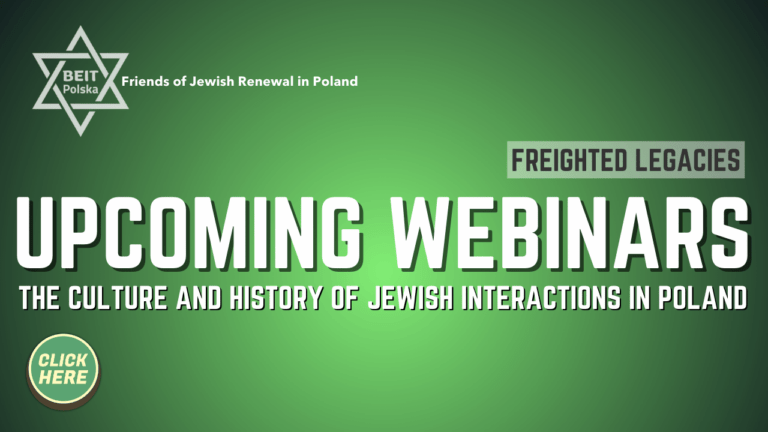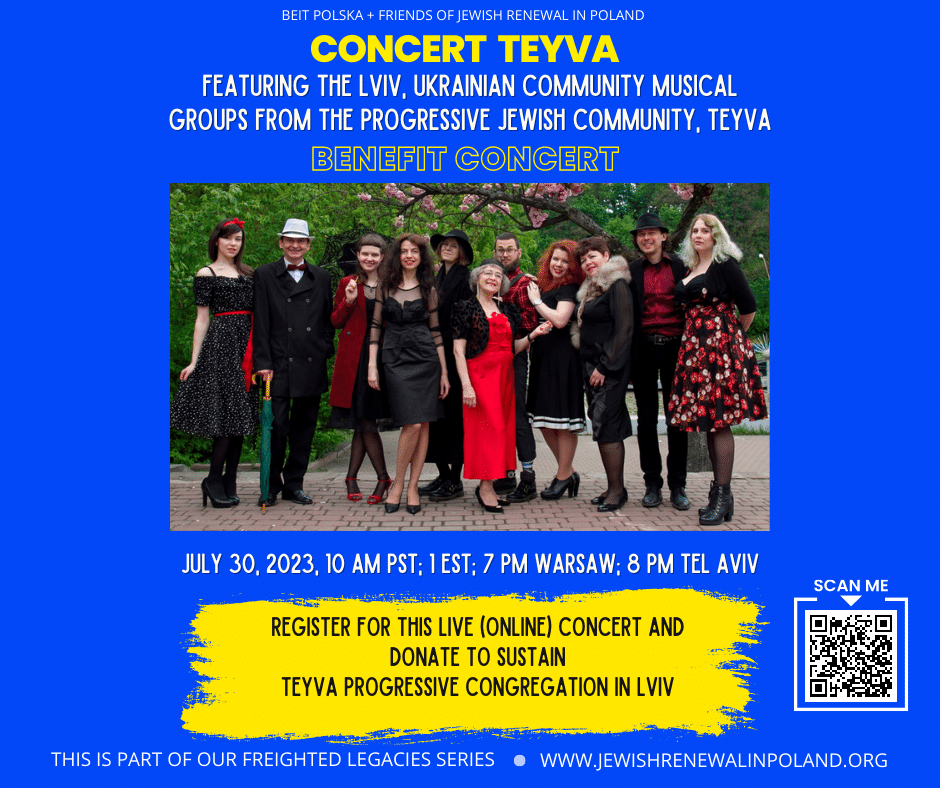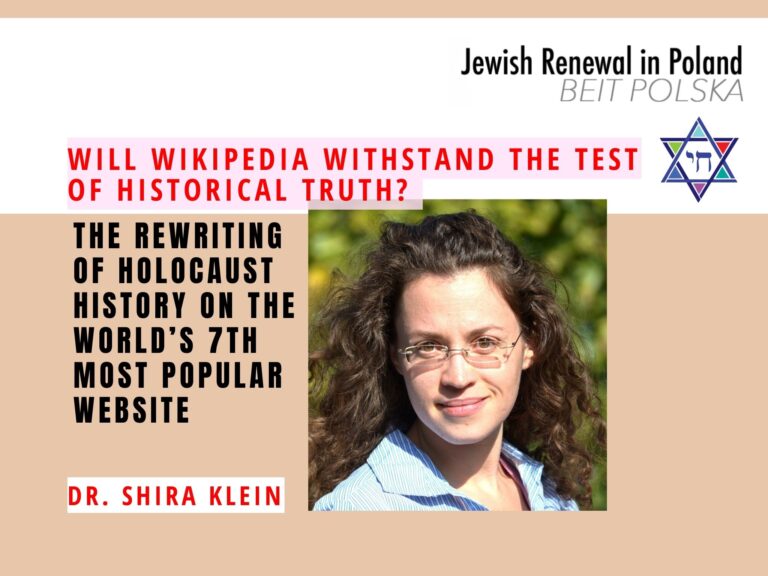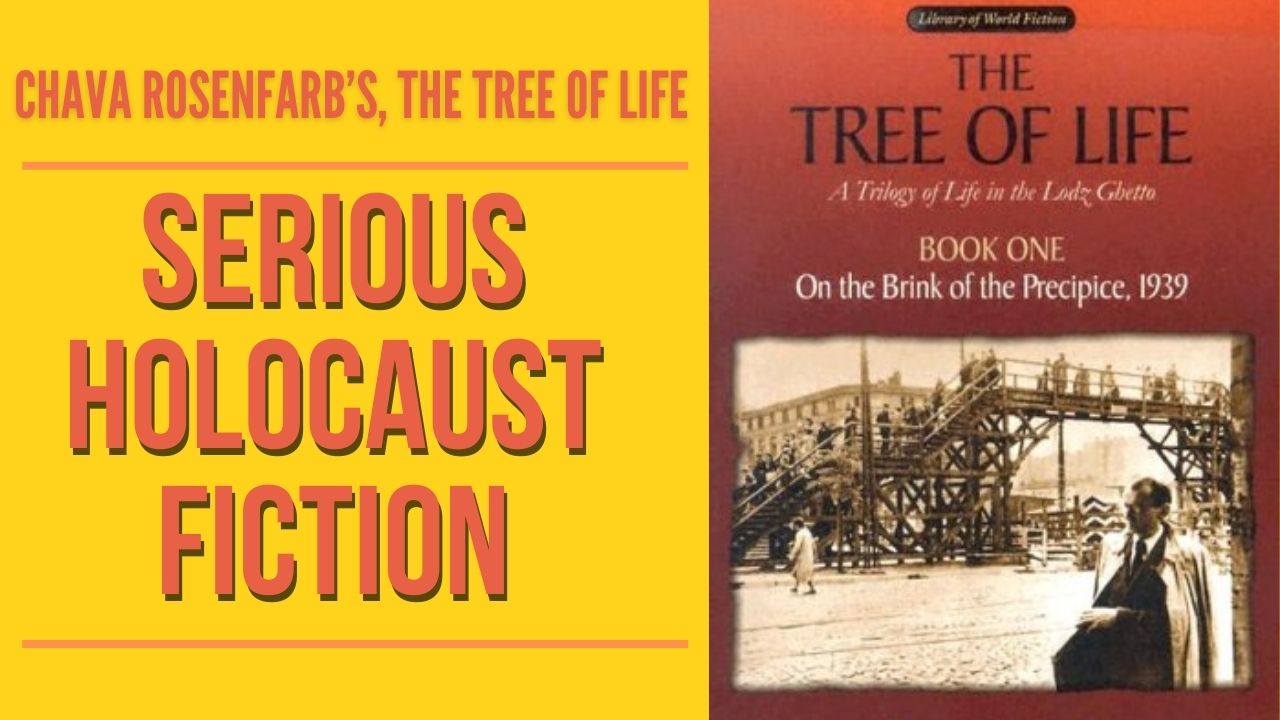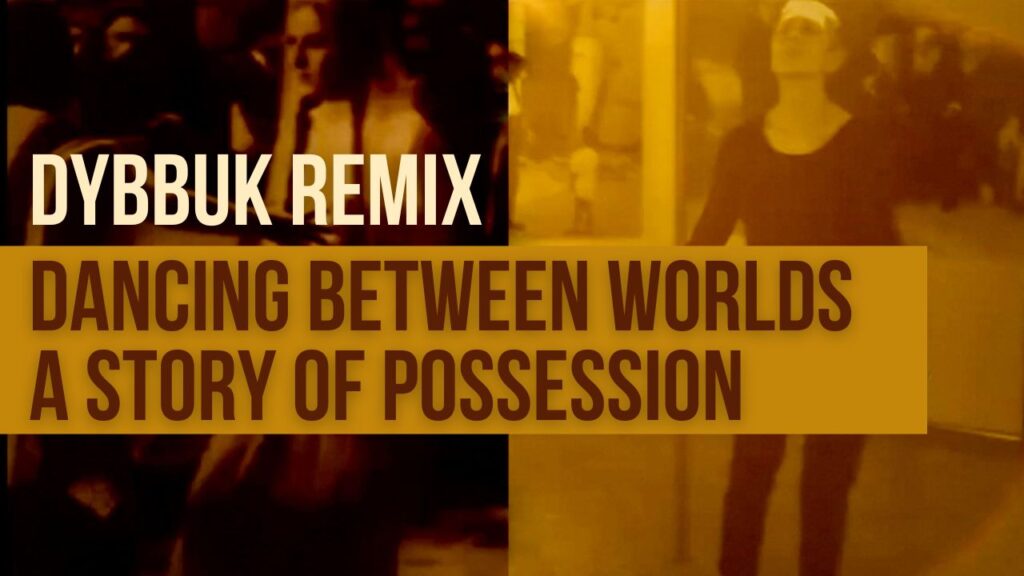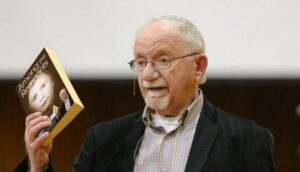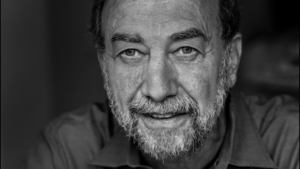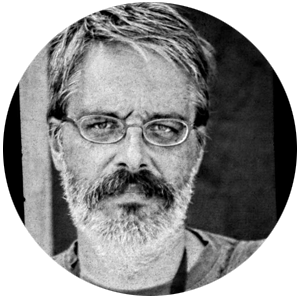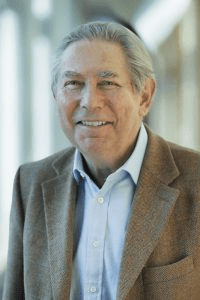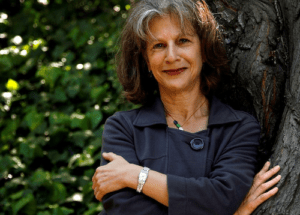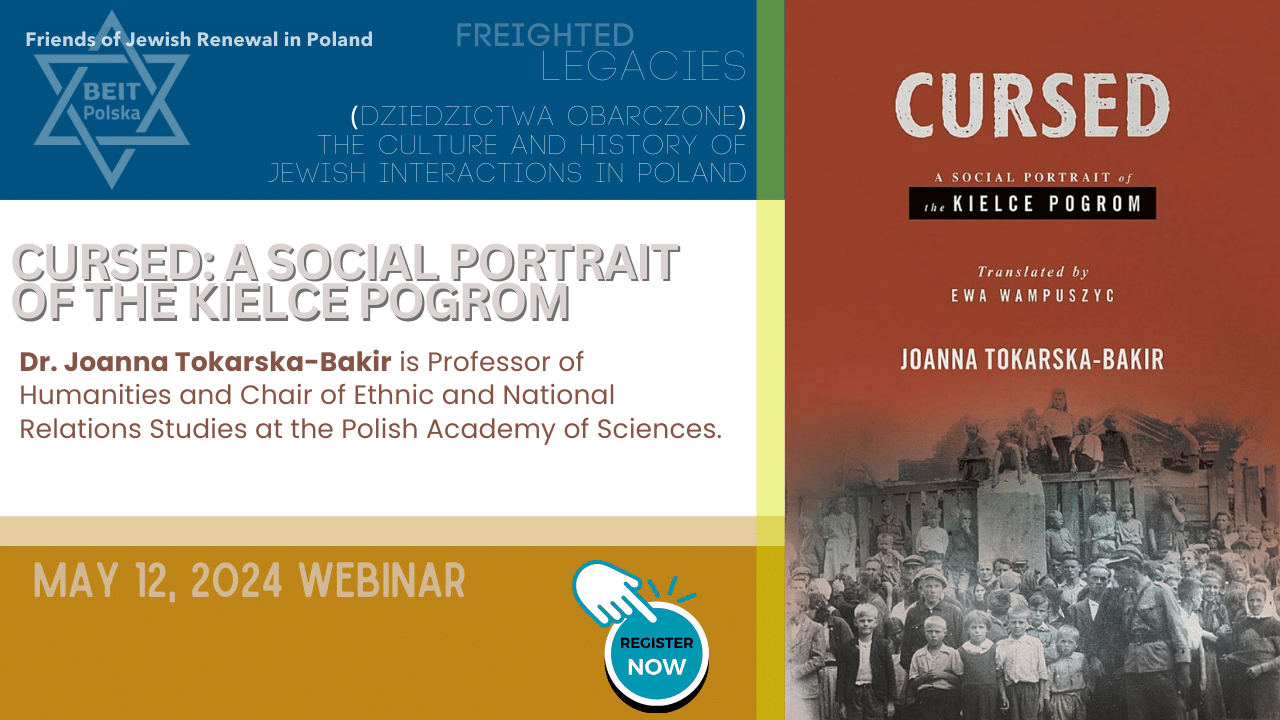Friends of Jewish Renewal in Poland Present
Freighted Legacies (Dziedzictwa obarczone): The Culture and History of Jewish Interactions in Poland
"[w]e learn history not in order to know how to behave or how to succeed, but to know who we are" (Leszek Kolakowski)
CONVERSATIONS
Friends of Jewish Renewal in Poland and Beit Polska are proud to initiate a series of popular conversations in Polish, Hebrew and English, “Freighted Legacies.” Using the multi-channel opportunities of zoom we will present experts in the fields of history, religious thought, drama, and music on the legacy of Polish Jewish heritage. Much of that Polish Jewish legacy is alive in current Jewish communities in Diaspora freighted with complex issues of memory, anger, confusion, nostalgia and uncertainty.
WHO IS OUR AUDIENCE?
Jewish communities in Israel, the United Kingdom, South American, Australia and Poland itself are seeking their roots in Polish lands. With the passing of time and especially the generation that grew up in Poland, the intensity of interest in the Holocaust has expanded to include a searching for understanding the rich diverse cultures that Poland’s Jews cultivated.
Individuals who inherited these “freighted legacies” through their families are often seeking a more solid historical footing to understand who they are. Relying on sparse factual information and some incoherence is no longer enough. Expressions of grief often obscured the rich legacy of Polish Jewry’s profound cultures. Our hope is that this series will also find viewers from all walks of life seeking to inform themselves of the “1000 year old” civilization created by Jews in Poland.
WHY NOW?
We will foster learning and connection to the incredible research of scholars from Poland, Israel and North America and other countries. It is important to note much of this work among scholars is now done cooperatively and internationally. Yet, we are commencing our efforts in a time of extreme Polish nationalism that is attempting to re-write the pluralistic and liberal restorative efforts from the immediate past – Communist era. Increasingly, a state “historical policy” is being funded, fostered and insinuated into the memory narratives of Poland. The Polish government’s policy cannot be allowed to stand without a forthright rebuttal in our forums.
Because these programs will be in Polish as well as English and Hebrew we anticipate that the mutual encounter will foster not only our Progressive Jewish community in Poland but new audiences of learners. We believe many Catholic Poles and secular Poles will find these programs compelling. We will intentionally feature scholars from Poland – Jews and non-Jews – on this platform who will address fact based history. We believe that this will benefit all our viewers. We recognize this as an example of fostering forums for the discourse that is being suppressed in many quarters in Poland. It is also the case that there is a surprising active collection of writers, researchers, and thinkers in Poland and out that are reflecting on Jewish life in Poland as part of their academic and private lives. We anticipate these individuals having a broader audience that will at minimum create a more diverse set of themes. More about the themes and participants below.
Serious and on-going contention exists around important events in history especially the Holocaust but no exclusively. Initially, we will focus attention on the many controversies and their complexities. The aid extended to Jews in Holocaust by Catholic Poles is indeed remarkable given the larger context of Poland occupied by Germany war-time society. The largest group of The Righteous Among the Nations comes from Poland. In the hands of the current Polish government a “history policy” seeks to substitute history for indoctrination and an “end of the pedagogy of shame.” The heroic Catholic Poles are employed to obscure from Poles and others, a larger and darker narrative.
FEATURING IMPORTANT EDUCATIONAL TOOLS
Educational tools created by Friends of Jewish Renewal in Poland and Beit Polska have published or fostered the publication of educational materials in Polish directed primarily to the Progressive Polish Jewish community but of interest to the Polish reading public. These publications will be featured. Many of these books, articles and weekly sermon reflections appear also in English. These zoom seminars will focus significance of a modern Polish translation of the Shabbat, Weekday, and Holiday prayerbook, Siddur Beit Polin: Modlitewnik Na Dni powszednie Szabaty I Swieta or the Polish translation of the Honey and the Sting.
HOW DID POLAND BECOME A CRADLE OF JEWISH LIFE?
Over 75 years have passed since the Holocaust, but little in current Jewish understanding or that matter Polish school curriculum acknowledges the on-going influence of this important Diaspora community. Internally, for the Jewish community, it is hard to imagine an aspect of contemporary Jewish life that does not have its analog in Poland. From religious perspectives of Hassidisms, Neo-Hassidisms, and Mussar to Progressive Judaism. Poland was the birth place of Zionisms and Socialisms that were inflected in Yiddish and Hebrew as well as Polish. Every cultural expression in music, theater, and literature in Yiddish or Hebrew and even in Polish finds its echoes in our contemporary Jewish expression.
An important historical focus will note the period of loss of Polish independence in 1795 under the influence of the three imperial powers of Russia, the Austro-Hungarian and Germany to the end of World War I (1918) and the remarkable re-emergence of an independent Poland.
Celebrating literary achievements in Yiddish, Hebrew and Polish from the writing of detective mysteries with a Jewish sub-plot to historical novels that continue invoke a multicultural Poland. Despite attempts to rewrite history, serious imaginative literature continues [A Grain of Truth (Polish State Prosecutor Szacki Investigates) Zygmunt Miloszewski to The Books of Jacob (Olga Tikarczuk) to Yiddish writers Isaac Bashevis Singer’s Satan in Goray and Sholem Asch’s Kiddush HaShem.
WHO WILL BE OUR GUIDES?
Who will be our guides? will feature emerging Polish born talent Please join us in formulating the initial proposals for a series of zoom discussions that are being planned. involve Rabbi Haim Beliak along with Marek Jezowski and Dominika Zakrzewska as moderators.
Marek Jezowski is the chair of Beit Polska. His professional work is in translation from Polish to English and English to Polish. He holds a Ph.d. from
Dominika Zakrzewska is the coordinator of Beit Polska and assistant professor at Warsaw Pedagogic with expertise in educating for tolerance.
Dr. Menachem Mirski Polish speaking rabbinic student at Ziegler Rabbinic School (fourth year). Completed doctorate in philosophy as well as a master of various musical genres including Flamingo guitar and Klezmer.
Miriam Klimowa a third year Rabbinic student at Hebrew Union College in Jerusalem. Klimowa entered HUC with extensive training in Hebrew language and Cantorial skills gained in Poland and Ukraine.
Rabbi Mati Kirschenbaum is the rabbi of Bromley Reform Synagogue in London as well as serving as the adjudicator for Beit Polska’s Step by Step class and editor of the forthcoming Polish translation of the High Holiday Machzor.
Cantor Anna Silverman a recent graduate of Jewish Theological Seminary’s Cantorial Program Polish-Jewish scholars and Polish scholars of note
Yosef Holy is a Hebrew language instructor specializing in teaching Poles modern spoken Hebrew. He is from Zakopane but now lives in Israel.
Dr. Joanna Auron is a scholar and translator. Dr. Auron’s “Describing Who?: Poland in Photographs by Jewish Artists”
A world of Polish speaking academic experts on Jewish matters include many Jews and non-Jews that we plan to call upon to educate us.
THEMES AND TOPICS
- Cultural developments in Polish, Yiddish, and Hebrew language
- Music and cross-fertilization
- Religious communities: Hassidism, Progressive, Neo-Hassidism
- Nationalisms – Poland in the age of nationalisms and empires: Polish, Jewish, Ukrainian, German, and Russian
- Holocaust and Post-Holocaust
- Personal Remembrances
- The Legacy of Polish Life in Contemporary Jewish Life
- Sociologists and Philosophers – Zygmunt Bauman
- Polish Jewish Mathematicians in Exile
- Polish Jewish Authors in Yiddish, Hebrew, German and Polish
- Jews in Polish literature
HOW WILL THE PROJECT GROW?
Where possible we will endeavor to provide excerpted readings from informed sources as well as more extensive bibliographies. Where possible we provide suggestions for reading that will enrich each program. This will allow greater engagement for individuals or groups to pursue the various themes.
The recorded programs will be archived on our website in English and Polish. We will build an archive that will be available to diverse communities most especially high school students, educators, and travelers.
We hope that our many friends will make suggestions and expand our list. All the topics need further framing and development. Many topics will lend themselves to expanding as a conversational mini-series.
As news and controversies, develop there will be topics that are of greater moment in people’s work and we invite your suggestions as to the urgency of certain topics. We recognize many more scholars and cultural mavens could be included and we welcome their participation. At the same time, we recognize we are presenting only a small corner of the scholarly work. We hope to eventually cover more ground.
Funding for this project is a challenge and if you have suggestions or wish to make donations we welcome your interest.
We solicit your individual and collective wisdom.
CONTACT US FOR MORE INFO:
RabbiBeliak@JewishRenewalinPoland.org
WATCH full webinars
Two Lviv ensembles perform interpretations of traditional and modern Jewish songs in Hebrew and Yiddish.
VIDEO (ENGLISH OR POLISH) AVAILABLE UPON REQUEST EMAIL: RABBIBELIAK@JEWISHRENEWALINPOLAND.ORG
With Igor Mikhaylov & Son, Ilan - A Father’s Day Reflection
THIS VIDEO WILL BE AVAILABLE SOON PENDING NEW EDITS
Karen Goodman Dancer/Choreographer/Filmmaker/Yiddishdance Researcher
Tri-language webinar in Ukrainian, Polish and English
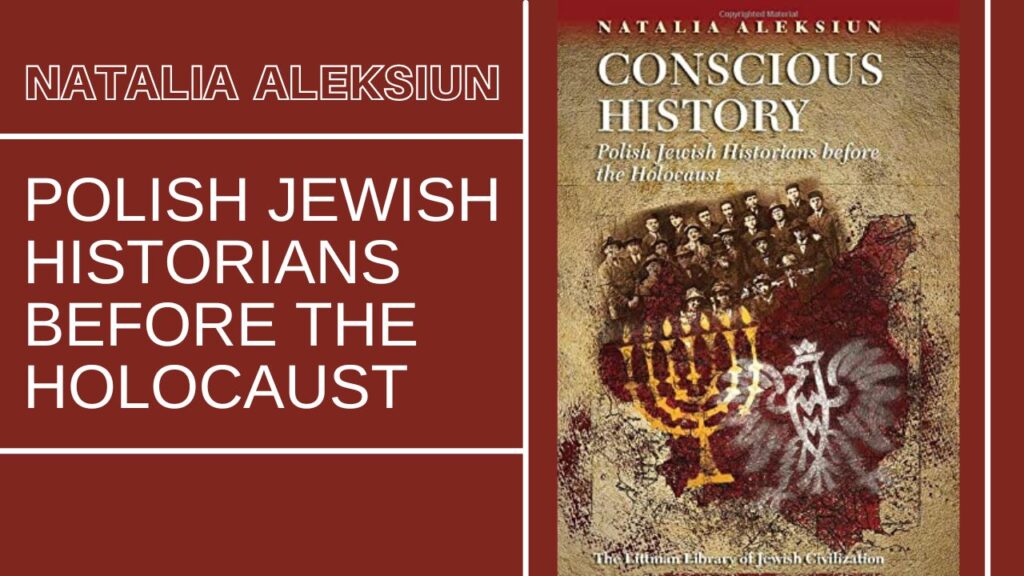
GET THE BOOK
You can buy or order the book at your favorite bookstore, e-retailer or request a copy from your local library.
CLICK HERE TO VIEW EXCERPTS (ENGLISH)
Among the Remnants: Memories of Life in the DP Camps
CLICK HERE TO VIEW EXCERPTS (POLISH)
Among the Remnants: Memories of Life in the DP Camps
Joshua Gortler has received recognition for his contributions to the American system of geriatric social work, earning the respect of colleagues and government officials and the families he has served. He galvanized the support of community leaders to turn Seattle’s Jewish nursing home into a place based in humanitarian and religious values, respected for high standards of its service to residents and their families, and for fair and kind treatment of its employees. Late in life, he undertook the challenge of speaking to young people about his experiences as a remnant of the generations of Jewish families who had once called Poland their home.
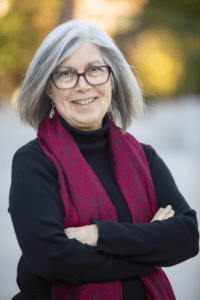
Gigi Yellen
Seattle has been Gigi Yellen’s home since 1986. Grateful for the Pacific Northwest’s natural beauty, she appreciates the contrast between this climate and that of her native Houston, Texas! At Wellesley College, she acquired a good ear for iambic pentameter (thanks to an emphasis on jazz rhythms by her freshman English teacher, America’s future poet laureate, Robert Pinsky) and a passion for music history. As a graduate student in Spanish at Rice University, her work at campus station KTRU led her to become the first female announcer on Houston’s classical music station, then known as KLEF.
Gigi has interviewed, hosted, and written about classical music for radio stations from coast to coast. In Washington DC, she produced arts features for NPR. In Seattle, she hosted evenings on KING FM. Gigi’s music-related writing appears in print and online, most recently for ParentMap. She is a lifelong learner of ancient texts, a long-distance grandma, the spouse of a UW professor, and the mother of two faraway sons who consider Seattle home. She credits her music literacy to a great public elementary school music program. (source: Northwest Public Broadcasting)
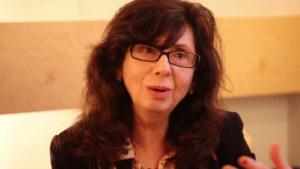 Joanna Beata Michlic is a social and cultural historian, and founder and first Director of HBI (Hadassah-Brandeis Institute) Project on Families, Children, and the Holocaust at Brandeis University. She is an Honorary Senior Research Associate at the UCL Centre for the Study of Collective Violence, the Holocaust and Genocide, UCL Institute for Advances Studies, and an Honorary Senior Associate at the School of Slavonic and East European Studies (SSEES) in London. Her research focuses on social and cultural history of Poland and East European Jews, the Holocaust and its memory in Europe, East European Jewish childhood, rescue and rescuers of Jews in East Central Europe and antisemitism, racism and nationalism in Europe. She is a recipient of many prestigious academic awards and fellowships, most recently Gerda Henkel Fellowship, 2017 – 2021. Her latest publication is a single-authored monograph Piętno Zagłady Wojenna i powojenna historia oraz pamięć żydowskich dzieci ocalałych w Polsce (the Jewish Historical Institute, Warsaw, November 2020); and forthcoming, Lessons from the Holocaust: History and (Self)-Representations of Jewish Child Survivors (NUP, 2021). She is currently working on a book project on the history and memory of rescue of Jews in Poland, More Than The Milk Of Human Kindness: Jewish Survivors and Their Polish Rescuers Recount Their Tales, 1944-1949.
Joanna Beata Michlic is a social and cultural historian, and founder and first Director of HBI (Hadassah-Brandeis Institute) Project on Families, Children, and the Holocaust at Brandeis University. She is an Honorary Senior Research Associate at the UCL Centre for the Study of Collective Violence, the Holocaust and Genocide, UCL Institute for Advances Studies, and an Honorary Senior Associate at the School of Slavonic and East European Studies (SSEES) in London. Her research focuses on social and cultural history of Poland and East European Jews, the Holocaust and its memory in Europe, East European Jewish childhood, rescue and rescuers of Jews in East Central Europe and antisemitism, racism and nationalism in Europe. She is a recipient of many prestigious academic awards and fellowships, most recently Gerda Henkel Fellowship, 2017 – 2021. Her latest publication is a single-authored monograph Piętno Zagłady Wojenna i powojenna historia oraz pamięć żydowskich dzieci ocalałych w Polsce (the Jewish Historical Institute, Warsaw, November 2020); and forthcoming, Lessons from the Holocaust: History and (Self)-Representations of Jewish Child Survivors (NUP, 2021). She is currently working on a book project on the history and memory of rescue of Jews in Poland, More Than The Milk Of Human Kindness: Jewish Survivors and Their Polish Rescuers Recount Their Tales, 1944-1949.
*THERE IS NO BLOG POST FOR THIS WEBINAR
Barry Cohen is a Canadian writer and journalist based in London who has worked as an editor for many publications, including foreign editor of the New Statesman. He also contributed articles to a broad range of British, US, and European magazines and newspapers. Much of his work has focused on foreign affairs and international business and financial issues. In recent years, he won several financial journalism awards. He holds degrees in political science and international relations from universities in Canada, Britain and Italy.
Witold Krassowski is a photographer born in 1956 who is considered one of the most important contemporary Polish photoreporters.
Although he studied linguistics at the University of Warsaw and the Sorbonne, he got his doctorate in photography in 2009 at the Radio and Television Faculty of the University of Silesia in Katowice; three years later he received his post-doctoral degree. To date, he still teaches, nowadays mainly at the Faculty of Media Art at the Warsaw Academy of Fine Arts.
Dr. Antony Polonsky was born in South Africa and studied history and political science at the University of the Witwatersrand. In 1999, Polonsky was appointed Albert Abramson Professor of Holocaust Studies, an appointment held jointly at the United States Holocaust Memorial Museum and at Brandeis University. He is an expert in Eastern European Jewish History and Holocaust Studies. In 2011, he won the inaugural Kulczycki Prize for his three-volume monograph, The Jews in Poland and Russia (2009, 2010, 2012). Polonsky is the author of Politics in Independent Poland (1972), The Little Dictators. A History of Eastern Europe since 1918 (1975), and The Beginnings of Communist Rule in Poland (1981). He is also the co-author of Jewish Writing in the Contemporary World: Poland (2001), The Neighbors Respond: The Controversy Over the Jedwabne Massacre in Poland (2004), and numerous other books and articles in both English and Polish. A former Rhodes Scholar, Polonsky holds an M.Phil. and D.Phil. from Oxford University, and in 1997-98 he held the Skirlball Visiting Fellowship at the Oxford Centre for Hebrew and Jewish Studies. He was a Founder and is now Vice President of the Institute for Polish-Jewish Studies in Oxford and of the American Association for Polish-Jewish Studies based in Cambridge, Massachusetts.
GET THE BOOK
Opening the Drawer: The Hidden Identities of Polish Jews: https://www.ipgbook.com/opening-the-drawer-products-9781910383810.php
This will only work for those based in the USA.
For people in Poland and the UK:
https://www.vmbooksuk.com/collections/holocaust-studies/products/9781910383810
*THERE IS NO BLOG POST FOR THIS WEBINAR
Louise Steinman is a writer, artist and literary curator. Her work often deals with memory, history and reconciliation. Her most recent book, The Crooked Mirror: A Memoir of Polish-Jewish Reconciliation was published by Beacon Press. She has given talks and lead dialogue groups about the book around the United States, in Poland and the UK. The Crooked Mirror is published in Polish edition by Osrodek Karta (Warsaw).
Her essays and feature articles have appeared in the The Los Angeles Review of Books; Los Angeles Times Magazine, New York Times Syndicate, L.A. Weekly, Los Angeles Magazine, Salon.com, Washington Post and other publications. Her features have included profiles of Zen rabbis, Syrian refugees, artists, memoirists, combat veterans, translators, filmmakers, elevator operators and an innovator in deaf education. “Ordinary bodhisattvas,” she calls them.
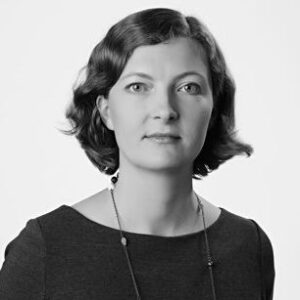
Hanna Antos – a graduate of European Studies at Adam Mickiewicz University in Poznań, coordinator of the publishing projects of the KARTA Center, editor of, among others the quarterly “Karta”, the book series “Polish Jews” and the book by Louise Steinman “Krzywe mirror. Journal of Polish-Jewish Reconciliation “.
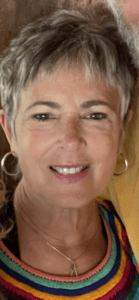
Kathleen Balgley earned her Ph.D. in literature from University of California, San Diego. During her academic career she was at different times Lecturer at UCLA Writing Programs, Associate Director of Writing at UCSD, and tenured Associate Professor of English at California State University, San Luis Obispo.
Among other awards she has received, Balgley was recipient of a grant from the California Council for the Humanities for her project on Roma culture and history, and was a Fulbright Fellow to teach American literature to Polish university students—before the fall of the Berlin Wall. She has returned to Poland several times, and travelled to Belarus, to research her family’s history at Warsaw’s Jewish Historical Institute, and the archives in Brest and Grodno, Belarus. She is currently publishing a memoir, Letters to My Father: Excavating a Jewish Identity in Poland and Belarus which chronicles the story of her father’s veiling of his Jewish identity, and her journey to recover it for herself and for him.
Her articles and reviews have appeared in the US and Poland.
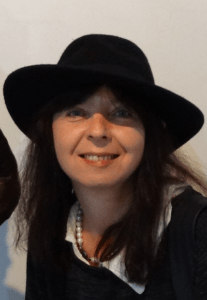 Dorota Golebiewska is a former journalist, reporter, and editor now focused on translations. For many years developed and coordinated projects for International Organization for Migration (IOM). Worked with Roma communities, survivors of Nazi persecution, Polish wartime deportees, and their descendants awaiting repatriation from Kazakhstan and Uzbekistan, migrants in Poland. Lives in Warsaw.
Dorota Golebiewska is a former journalist, reporter, and editor now focused on translations. For many years developed and coordinated projects for International Organization for Migration (IOM). Worked with Roma communities, survivors of Nazi persecution, Polish wartime deportees, and their descendants awaiting repatriation from Kazakhstan and Uzbekistan, migrants in Poland. Lives in Warsaw.

